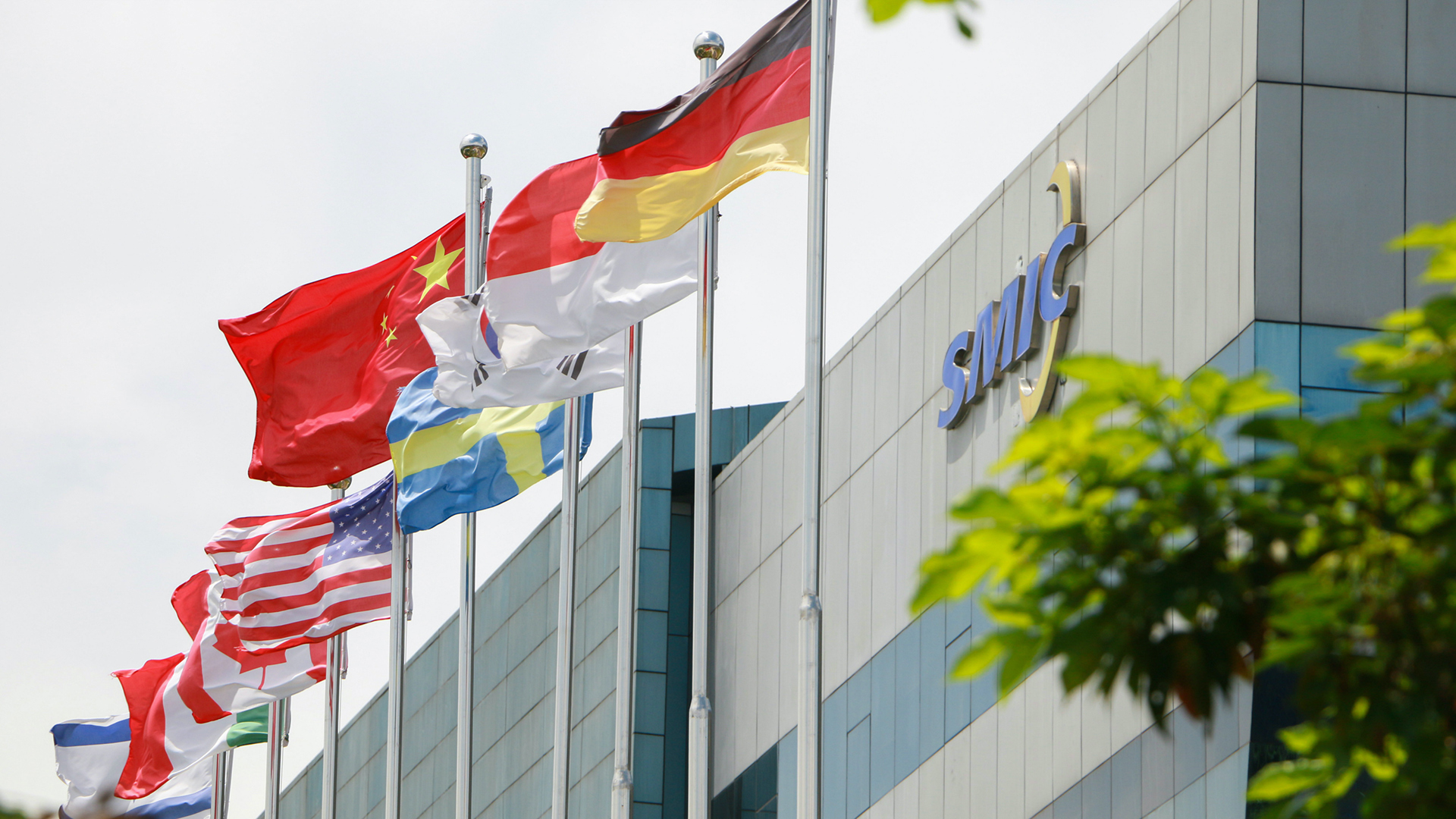China's SMIC Allegedly Violated U.S. Sanctions Selling Chips to Huawei
SMIC should not have supplied Huawei Kirin 9000s processor, says U.S. lawmaker.

Although SMIC has clearly made a technological breakthrough by completing development of its 2nd generation 7nm-class (N+2) fabrication technology and initiating high volume manufacturing on this node, it should have obtained an export license from the U.S. government before supplying Kirin 9000s system-on-chip to blacklisted Huawei since the node uses American tech. Now, a U.S. senator calls to ban all exports to both companies.
In a report by Bloomberg, Michael McCaul, Republican chairman of the House Foreign Affairs Committee states that it looks like SMIC has violated sanctions with a view to obtaining intellectual property.
SMIC's development of its 2nd generation 7nm fabrication process has raised concerns about the enforcement of U.S. IP and technology export restrictions. Adding to the chorus of concerns, Representative Mike Gallagher, chairman of the House Select Committee on Competition with China, emphasized the need for stricter enforcement of U.S. tech exports. He advocated for a complete cessation of U.S. technology exports to both Huawei and SMIC, which would further intensify tensions and complexities in the U.S.-China tech trade landscape.
"This chip likely could not be produced without U.S. technology and thus SMIC may have violated the Department of Commerce’s Foreign Direct Product Rule," Gallagher said in a statement published by Reuters. "The time has come to end all U.S. technology exports to both Huawei and SMIC to make clear any firm that flouts U.S. law and undermines our national security will be cut off from our technology."
Due to export restrictions imposed in 2020, all American technology supplied to Huawei or its subsidiaries must get an export license from the U.S. Department of Commerce's Bureau of Industry and Security, which would review it with a presumption of denial. As a result, Huawei lost access to TSMC's and Samsung Foundry's leading-edge chip production capacities and had to use Qualcomm's system-on-chips for its smartphones while waiting for China-based SMIC to develop a refined version of its 7nm fabrication technology, which some call a 5nm-class production node.
While SMIC is also blacklisted in the U.S. and can get new production tools only if the U.S. DoC BIS grants an appropriate export license, the company has managed to obtain equipment it needed from American companies. Apparently, these tools were used to make chips for Huawei without obtaining an appropriate export license.
McCaul pointed to the $23 billion worth of licenses that the BIS approved for U.S. companies to sell technology to Chinese entities in the Q1 2022, suggesting it shows excessive tolerance.
Get Tom's Hardware's best news and in-depth reviews, straight to your inbox.

Anton Shilov is a contributing writer at Tom’s Hardware. Over the past couple of decades, he has covered everything from CPUs and GPUs to supercomputers and from modern process technologies and latest fab tools to high-tech industry trends.
-
sitehostplus Well, now we know how Huawei got their chips.Reply
Buy a bunch, scratch the nameplates off, and call them Huawei chips instead. -
usertests This is the important part:Reply
https://www.reuters.com/technology/us-lawmaker-calls-ending-huawei-smic-exports-after-chip-breakthrough-2023-09-06/The trade restrictions imposed on Huawei and SMIC include the Foreign Direct Product Rule meant to bar any company anywhere in the world from using tools from the United States to manufacture a chip for Huawei.
But suppliers to Huawei and SMIC have received billions of dollars' worth of licenses to sell U.S. technology to the companies despite their being on the trade lists, Reuters has previously reported. About 90% of the licenses were for sales to SMIC.
The sanctions were half-hearted, so of course they didn't work.
It's probably too late to fix this problem, and I wouldn't be surprised if China continued to get these tools through third parties after tougher sanctions are applied. Meanwhile they will develop domestic alternatives in parallel.
They have their sights set on ASML. China will get EUV one way or another eventually, but these SMIC 7/5nm DUV/FinFET nodes are probably good enough for a lot of computing.
https://www.reuters.com/world/europe/dutch-government-screen-foreign-phd-tech-students-denies-targeting-china-2023-06-12/ -
DSzymborski Let's keep discussion on the topic itself; if you want to fight about the politics, there are other sites for that.Reply -
neat_onion Replysitehostplus said:Well, now we know how Huawei got their chips.
Buy a bunch, scratch the nameplates off, and call them Huawei chips instead.
SMIC is a Chinese fab, they make chips for various companies.
Apple M1/M2 processors and even AMD processors are manufactured by TSMC, they're not called TSMC CPUs right?